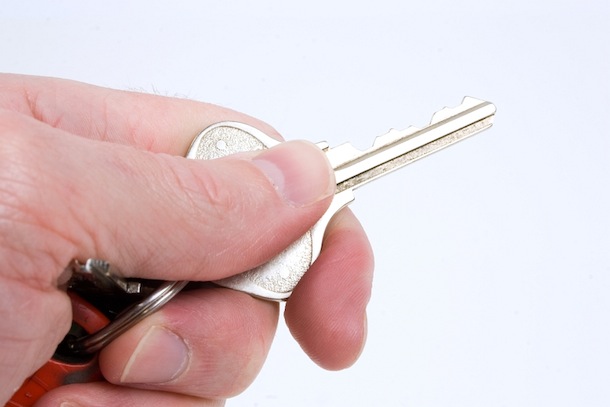Numbers can be funny things. When the population for a subset of consumers is large enough, then plausible projections follow about how that group will impact macro economics. Simple straight-line analysis suggests the burgeoning population of young adults 18-to-34 years old eventually will result in more homebuyers.
Never mind that the Millennials who graduated from college during a recession followed by an uneven recovery are destined to earn less than graduates who started their careers in better economic times. Indeed, people who enter the workforce during a recession never make up those lost earnings, says Sheryl Connelly, global consumer trends and futuring manager for Ford Motor Corp. But while this group may not accumulate as much wealth as previous generations, eventually they will have some money and the ability to form their own households.
It’s inevitable, right? When Millennials get married and start a family—no matter how long these life events are delayed—they will want their own space. Plus, by the time the tweens and teens in this generation start their careers, the economy should be better, which means higher starting salaries for that group and more economic power for buying a house. With more than 80 million potential consumers in the pipeline, reaching those assumptions is reasonable. But what if something else changes, such as attitudes about ownership?
This group already perceives ownership differently than previous generations. They’ve accepted renting digital music files that will disappear should they stop paying fees to their subscription service. They’re renting designer handbags and jewelry, and they are the target consumers for bike and car sharing. A recent MacArthur Foundation study found that 64 percent of 18-to-34 year olds agreed that renters can be just as successful as owners in achieving the American Dream. Whereas older generations once saw their home as a nest egg, the majority of Americans today perceive more risks than long-term benefits with homeownership.
What if rental product changes too? Instead of apartments stacked on top of another and units sharing walls, renters could live in detached cottage houses with two-car garages and yards where the landlord takes care of maintenance. What if their rental community was ringed by amenities like a fitness center with personal trainers, a cafe, and dry cleaners just for them? (The Village of Wuthrich Hills to be built near Austin, Texas, will be such a complex). What if a new kind of rental housing removes the stigma of renting? It used to be that you leased something because you were too poor to buy it. Today, wealthy people lease a car and doing so is perceived as smart.
So combine the diminished luster of homeownership with advantages that young adults covet, like being able to switch jobs every couple of years and moving without having to sell a house. Remember, they saw their parents get laid off and consider loyalty to employers as a concept that is embraced by suckers. The industry shouldn’t assume that the biggest generation of consumers since the Baby Boomers will inevitably turn to homeownership. Attitude changes behavior. Don’t always count on the numbers. CB



